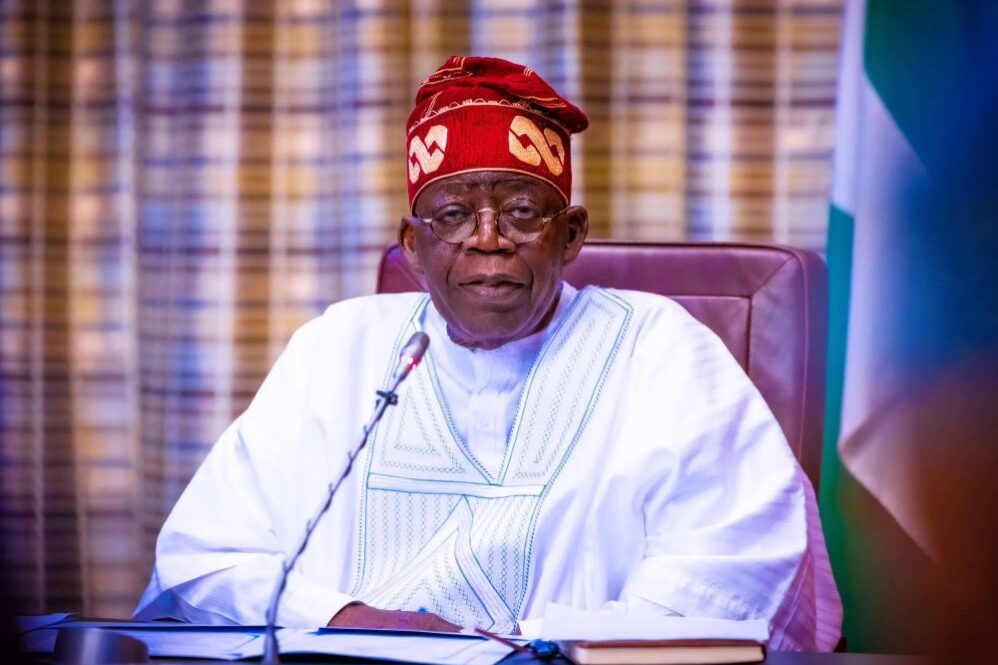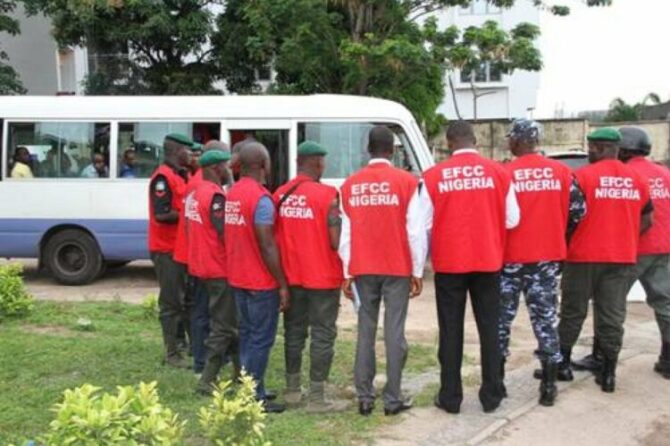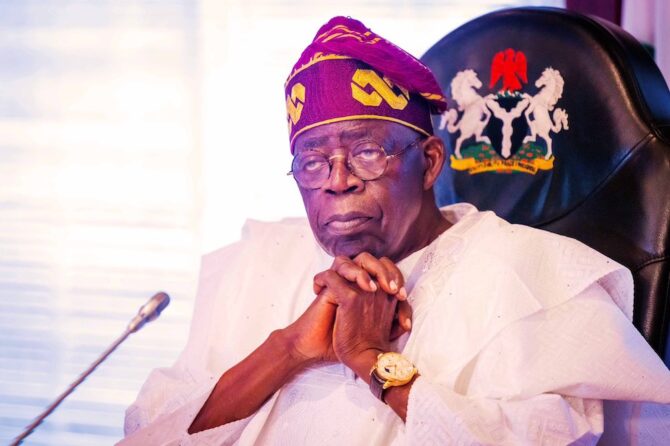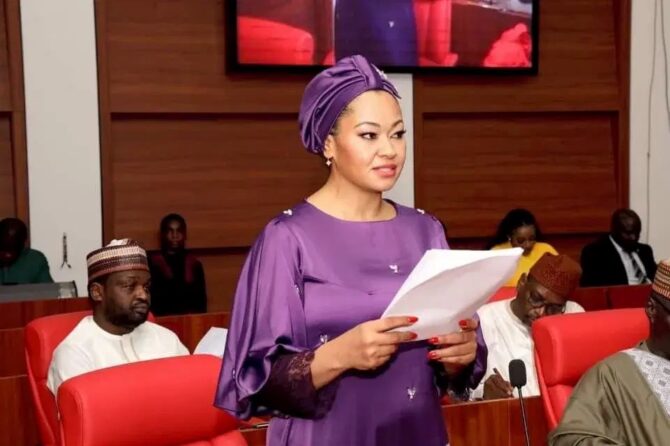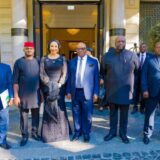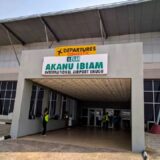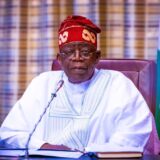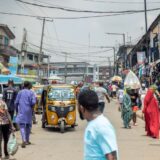Presidency Dismisses Authoritarianism Claims Amid Defections, Opposition Warns of Democratic Erosion
ABUJA – The Nigerian presidency has vehemently rejected opposition allegations of authoritarianism, asserting that the country’s democracy remains “vibrant and secure” under President Bola Tinubu’s administration, even as critics warn of institutional decay and creeping one-party dominance.
The rebuttal follows weeks of political tension fueled by high-profile defections to the ruling All Progressives Congress (APC), including Delta State Governor Sheriff Oborevwori, former Governor Ifeanyi Okowa, and key opposition figures. Presidential spokesperson Bayo Onanuga dismissed the allegations as “politically motivated falsehoods,” emphasizing that Nigeria’s democratic institutions remain robust.
Presidency’s Defense
In a statement released on April 28, 2025, the presidency outlined its position:
- Voluntary Defections: Defections to the APC reflect the party’s “growing appeal” due to policy successes, not coercion or intimidation.
- Democratic Freedoms: Freedoms of speech, association, and political participation are fully protected under Tinubu’s administration.
- Opposition Weakness: The presidency blamed opposition parties for “chronic disorganization” rather than systemic suppression.
“Nigeria’s democracy is not under threat. These accusations are baseless and exaggerated. Politicians joining the APC are exercising their democratic rights,” Onanuga stated.
Critics’ Counterarguments
Opposition groups, civil society organizations, and analysts have raised alarms:
- Institutional Erosion: Activist Dakuku Peterside warned of a “rubber-stamp legislature” and compromised judiciary enabling executive overreach.
- Economic Manipulation: Analysts argue that poverty and inflation make citizens vulnerable to political manipulation, undermining democratic resilience.
- Coalition Sabotage: Opposition leaders allege the Tinubu administration is obstructing efforts to form a united front for the 2027 elections.
Labor Unions: The Nigeria Labour Congress (NLC) and Trade Union Congress (TUC) condemned recent governance patterns, citing the “unconstitutional” state of emergency in Rivers State as evidence of democratic backsliding.
Key Developments
- Defections: Over 15 prominent PDP members, including governors and lawmakers, have defected to the APC since January 2025.
- Rivers Crisis: The imposition of emergency rule in Rivers State has drawn criticism as a tool to weaken opposition strongholds.
- Coalition Efforts: Opposition parties struggle to form alliances, with Tinubu’s administration accused of using state resources to undermine unity.
Comparative Analysis
| Presidency’s Claims | Critics’ Concerns |
|---|---|
| Defections reflect APC’s appeal | Defections weaken pluralism |
| Democracy is “secure” | Authoritarianism is “creeping” |
| Opposition failures are self-inflicted | Systemic manipulation enables APC dominance |
Stakeholder Reactions
- Academic Coalition: 18 scholars and activists urged Nigerians to “resist democratic decline” through grassroots mobilization.
- Media Polarization: Pro-government narratives dominate mainstream outlets, sidelining critical voices, according to press freedom groups.
- International Scrutiny: ECOWAS and the UN have been petitioned to monitor Nigeria’s democratic health ahead of 2027.
What’s Next
- Opposition Strategy: The PDP plans emergency meetings to address defections and coalition-building.
- Legal Action: Civil society groups may challenge perceived undemocratic practices in domestic and international courts.
- Public Mobilization: Activists aim to revive protests and civic engagement to demand accountability.


